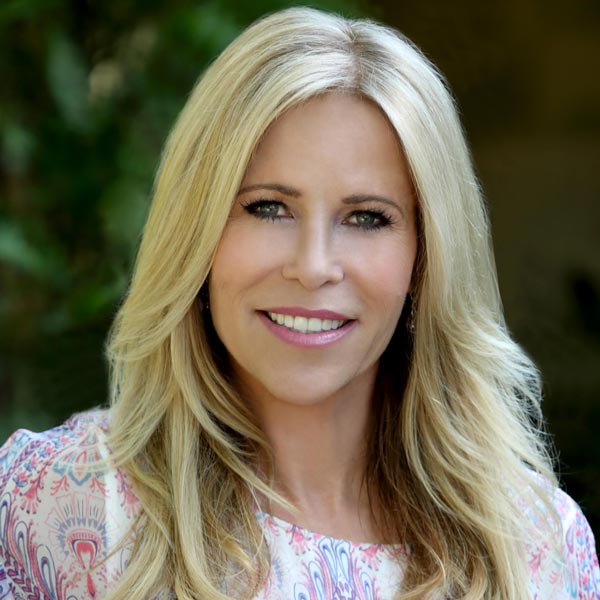Everyone experiences painful moments in their lives. Ignoring or repressing these experiences and emotions may cause trauma responses. You might have multiple traumas or other mental health issues impacting your ability to practice self-acceptance and self-care. According to Depression and Anxiety, “Exposure to traumatic experiences, especially those occurring in childhood, has been linked to substance use disorders (SUDs), including abuse and dependence. SUDs are also highly comorbid with Posttraumatic Stress Disorder (PTSD)” and other co-occurring disorders. Yahlight helps people find healthy ways to address mental wounds using evidence-based and alternative holistic therapies, including meditation and prayer.
What Are Mental Wounds?
Negative emotional experiences cause mental wounds. Some psychological pain lasts for years if left unaddressed. This pain can impact your physical, psychological, and spiritual well-being. Identifying and treating trauma, including mental or emotional distress is the best way to manage deep wounds and stop them from causing additional harm.
Emotional scars and mental wounds are often caused by the following:
- Adverse childhood experiences (ACEs)
- Sexual, physical, verbal, or emotional abuse
- Neglect
- Domestic violence
- Family dysfunction or multigenerational trauma
- Witnessing or experiencing a traumatic event
You may have repressed your mental or emotional pain or tried to hide from it by using maladaptive coping mechanisms, including substance abuse. Avoiding the issue only causes more pain in the long run. Although substances may give you a temporary “high” that leaves you feeling content, the trauma remains unaddressed. Chronic substance abuse compounds these wounds and causes them to dig deeper into your psyche. Psychological distress worsens the symptoms and side effects of SUD unless you treat both issues.
The Lasting Effects of Trauma
Experiencing traumatic events has a long-lasting impact on physical and emotional health. Some potential side effects of unaddressed mental wounds include:
- Increased blood pressure
- Higher stress levels
- Mood swings and emotion dysregulation
- Anger issues
- Increased risk of health issues
Stress, anxiety, depression, and other potential side effects of trauma have a profound impact on your physical health. Many people are unaware of how much their mental and emotional states influences their well-being. According to Health Psychology Open, “Poor mental health is consistently associated with deprivation, low income, unemployment, poor education, poorer physical health and increased health-risk behaviour.” You must address the root cause of your distress to reduce the risk of damaging side effects.
Meditation, prayer, and reliance on God’s love and protection can help you heal. Psalm 91:4-6 (TPT) states, “His massive arms are wrapped around you, protecting you. You can run under His covering of majesty and hide. His arms of faithfulness are a shield keeping you from harm.” You can gain spiritual strength and protection by building a deeper connection with God.
How to Treat Mental Wounds During Recovery
Treating mental wounds often takes a significant amount of time. The pain may linger for months or years before you choose to face it. Often, substance abuse is a side effect of untreated trauma and emotional distress. You may have used alcohol or drugs to avoid dealing with the trauma and psychological pain. Processing the wounds is the only way to fully heal from substance abuse. You must dive deep into the cause of your distress and heal from within.
Treating mental wounds involves doing the following:
- Trusting in a higher power and using the strength you gain to face hidden fears and trauma
- Actively engaging in your recovery through support groups, therapy, and treatment programs
- Trusting your support system and relying on them
You do not have to navigate recovery alone. Loved ones, your care team, and God all provide strength and support.
Addressing the Root Cause of Your Addiction Reduces the Risk of Relapse
The root cause of addiction may be a combination of things. Often, a mixture of trauma, peer pressure, boredom, emotional distress, and physical or mental illness contribute to the development of SUD. You may try to avoid looking too deeply into your motivation for misusing substances. However, addressing the root cause of addiction is the best way to prevent relapse. Self-reflection, meditation, and prayer can help you identify and process whatever mental wounds have impacted your ability to heal.
Addressing the root cause of addiction may involve doing the following:
- Facing family problems and multigenerational trauma using therapy and other treatments
- Processing traumatic events through individual or group therapy
- Practicing self-compassion and giving yourself grace
Moving past trauma and emotional pain is never easy. However, you are not alone in your healing journey.
How Does Yahlight Help People Heal From Mental Wounds?
Yahlight helps people heal from trauma and emotional pain by providing insights, therapeutic tools, support, and emotional guidance. According to Yahlight founder Tonyah Dee, “Using Christ-centered meditation, we give ourselves the opportunity to have the darkness and pain in our body and soul dissipate. Through Christ-centered meditation, we can lighten our load and literally feel lighter. What happens after is nothing short of miraculous.” Yahlight can provide you with the steps and resources you need to recover from substance abuse and find a clear path toward self-healing.

Tonyah Dee has studied the Bible and wisdom traditions of the world for the last 30 years and teaches about finding ways to increase inner strength, stability, and confidence through practicing spiritual disciplines and healthy habits daily. Tonyah is a nutritionist, registered dietitian (R.D.), and earned her B.S. from Loma Linda University. She also holds certifications in Christ-centered life coaching, and meditation. Tonyah has been published in Scary Mommy, MSN, The Mighty, Mantra Wellness, CoveyClub, Thrive Global. Follow Tonyah on her blog, Facebook, Instagram, YouTube, LinkedIn, and Medium.

